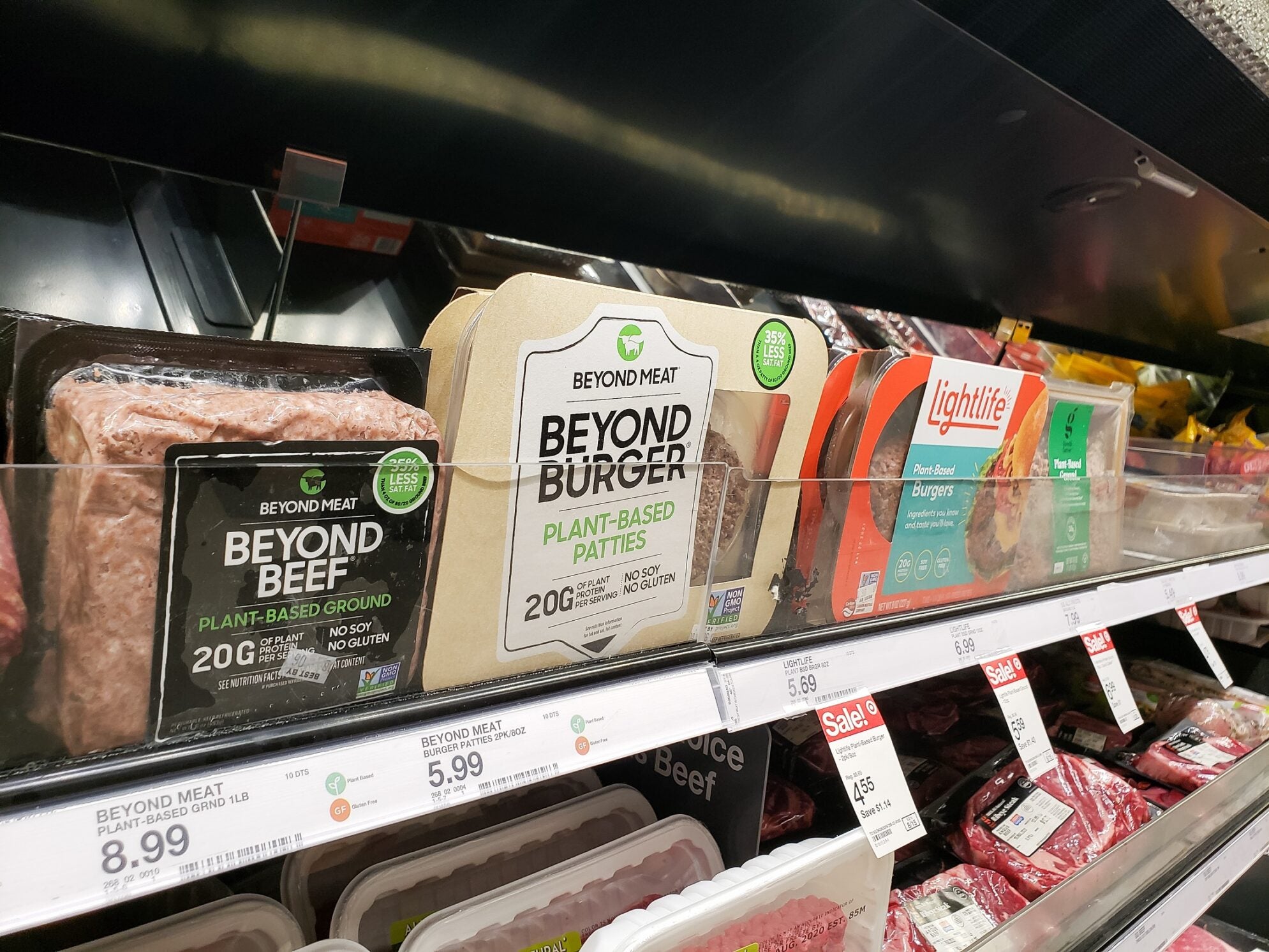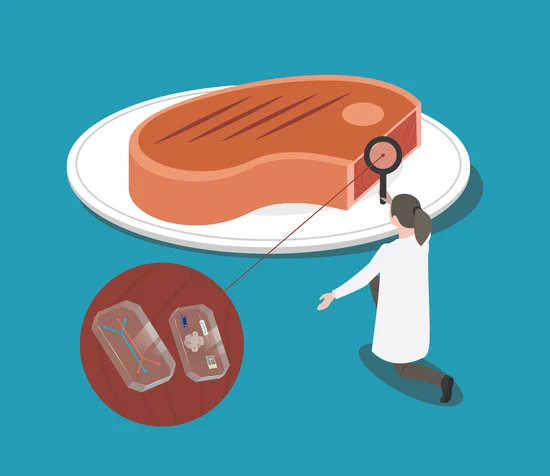There’s never been a better time to cut back on meat. Over the last decade, we’ve seen alternative proteins transition from a niche product category to a whole industry in its own right. Since the much-hyped debuts of Impossible Foods’ and Beyond Meat’s flagship burgers in the mid-2010s, hyperrealistic plant-based meat has become ubiquitous. They’re sold in nearly every grocery store and they’re available at fast food restaurants.

They even have celebrity endorsements. Meanwhile, cell-cultured meat—meat grown from cultivated animal cells rather than slaughtered animals—is transitioning from science fiction to reality. In the past decade or so, billionaires have begun investing their fortunes in research and development at emerging companies like Upside Foods and Eat Just, and it has paid off. In 2019, the U.S. government formalized a plan for regulating cell-cultured meat, clearing the way for its path to supermarket shelves. In late 2020, a handful of diners in Singapore tasted the first-ever cultured meat served in a restaurant.
But as excitement rose, so did a wave of critiques: that our new favorite plant- and cell-cultured burgers weren’t health foods, that large swathes of customers might never adopt them, and that they weren’t even very environmentally friendly after all. Some of these criticisms are worthy of consideration, and they’ve provided a sober counterbalance to much of the hype. Others have taken a less nuanced perspective and read as though they are intentional takedowns.

** Click here to read the full-text **









